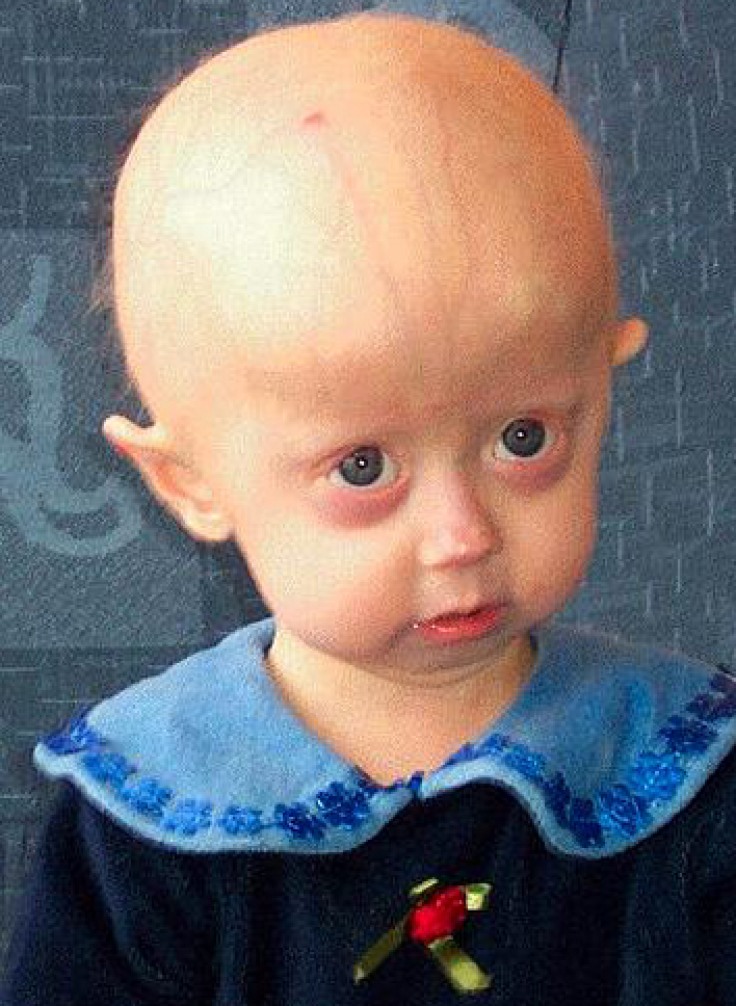Cancer Drug May be the First Treatment for Progeria

A drug originally developed to treat cancer has shown efficacy in treating progeria - a disease that accelerates aging in children.
Progeria, or Hutchinson-Gilford Progeria Syndrome (HGPS), is a rare genetic disorder where the child ages rapidly. The average age of death for children suffering from progeria is about 13 years.
The present study included 28 children from 16 countries. These 28 cases represented almost 75 percent known cases of progeria at the time of the study. Merck & Co. supplied the drug FTI lonafarnib and was given orally to the children twice a day. Children showed weight gain, improved bone density and blood vessel flexibilities - markers that showed the drug was working in treating the disease.
One of the primary reasons children die at such an early age with progeria is because the heart and arteries age faster and start resembling that of a 70- or 80-year-old person rather than that of a child. The new drug was able to reduce arterial stiffness by 35 percent and improve vessel wall density.
"To discover that some aspects of damage to the blood vessels in Progeria can not only be slowed by the FTI lonafarnib, but even partially reversed within just 2.5 years of treatment is a tremendous breakthrough, because cardiovascular disease is the ultimate cause of death in children with Progeria," said Leslie Gordon, MD, lead author of the study, and Medical Director of the The Progeria Research Foundation, and mother of a child with progeria.
Previous research done in progeria showed that the disorder is caused by a genetic mutation that leads to the production of a protein called progerin that disturbs normal cell growth. The toxicity of progerin is due to a molecule called "farnesyl group." The drug used in this study blocks the effect of this molecule.
The study was published in the Proceedings of the National Academy of Sciences.



























